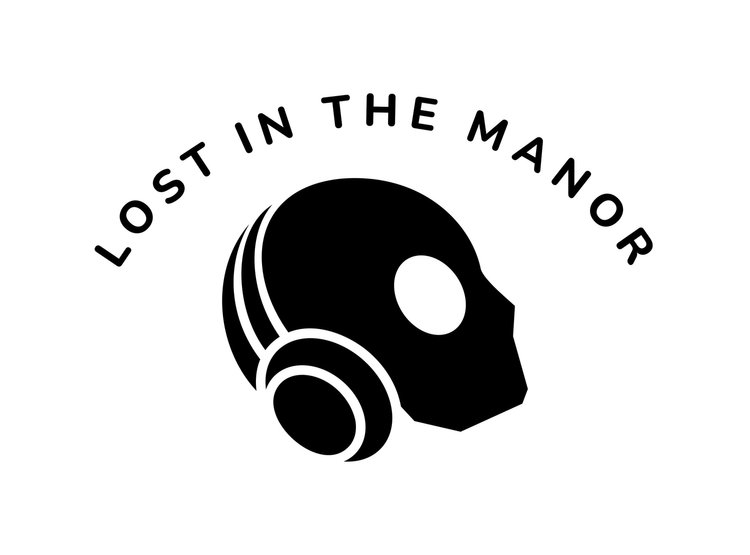Leif Riggs spent the first eight years of his adulthood working the same job which he had in high school. There was limited room for upward mobility, but he enjoyed the environment and working with people. Leif Riggs wrote rap music during most of that time. He went back to college in his late 20s, and after seven years, he graduated with honors in Mathematics. Now that he is situated with a professional career, he has found music to be the focus of most of his leisure activities. When he is not listening to it, he is back to writing out his visions which describe his thinking. He has a unique style of writing lyrics which takes many technicalities into consideration, and he has been developing it for almost two decades.
By Kamil Bobin
Discovered via Musosoup
Kamil) Hey Leif Riggs, super nice to have the chance to chat with you. What first got you into music?
The older kids in high school used to rap. We used to go to small, in-store shows, and one of my friends had a home recording studio.
Do you have any hobbies or interests outside of music?
I like to hang out by the firepit and talk with friends. These hang outs sometimes turn in to impromptu dance sessions which can be quite fun.
Your latest song is 'Phantom'. Can you tell us more about the making of it and if there were any unusual things happening during the process?
‘Phantom’ is the sixth project which I created since getting back into music. It’s the first project where I first shopped for a beat that would fit my style, and that was why I was able to do so well on it. There were a couple things that really made this song come out how I planned it. For one thing, I edited the rough draft for over a week. It seemed like every time I went to memorize the lyrics, I would find something else that needed fixing. I also took a longer time than usual to records the vocals, and I think they came out very good.
Can you reveal the recipe for a musical hit?
Writers should always be critical of two things. The first is phrasing. Written sentences should have the correct amount of syllables, and they should also end with a word composed of the correct vowels. The second ingredient is the editing process to make the meaning of each sentence flow with what is being talked about.
What are you doing to ensure you continue to grow and develop as an artist?
I’m going to continue to create my songs with much of the same process as I did for ‘Phantom,” but I will also take enough downtime so that I have new subject matter to discuss when writing my next verses.
What inspires you as an artist? Could it be the sea, the weather or something else?
I am inspired by cloudy, brisk, and windy days to take walks in. It’s just something about my personality that makes be enjoy that environment.
How do you spend your free time? What makes you feel relaxed?
I listen to a lot of modern, independent Alt-Z Pop music to unwind when I’m not working on projects.
Do you have a mentor or coach?
There’s a couple old friends who I ask to peeps my new projects. They are very experienced hip-hop listeners, and I figure that if I can impress them, then I can impress a general audience.
Do you think it's easy to become established in the music world, or is it difficult?
The music world is very difficult to navigate. The most important part of becoming an established artist is to always out-do the last thing I did. That’s what people are expecting, and I never disappoint them.
What accomplishments do you see yourself achieving in the next five to 10 years?
I see myself as rekindling the popular demand for classic hip-hop with modern production. The emphasis will be on technical lyrics and energetic delivery.

